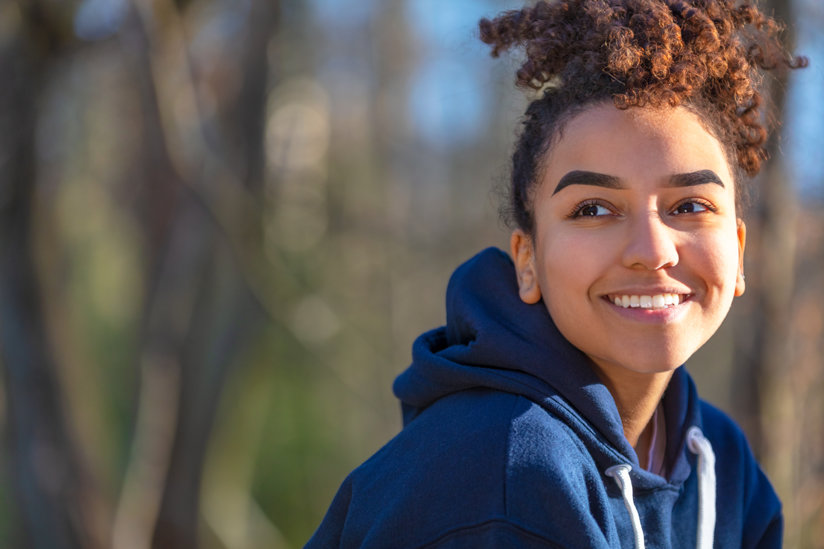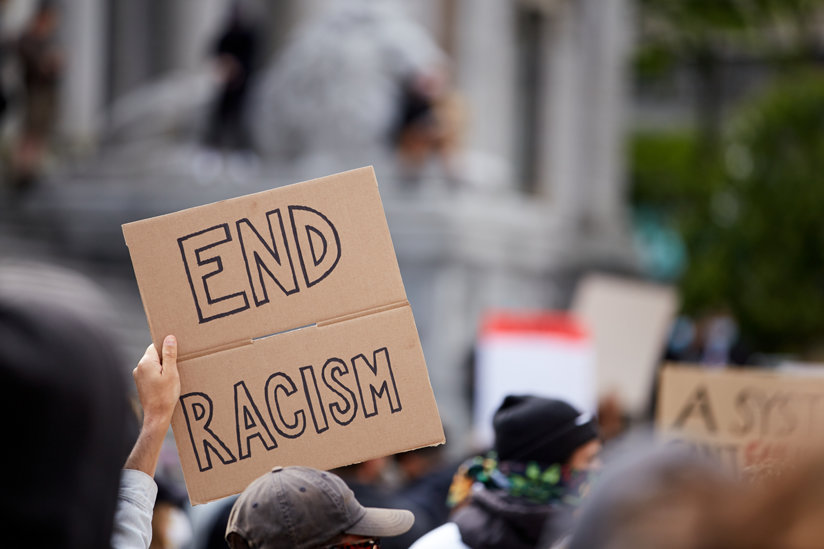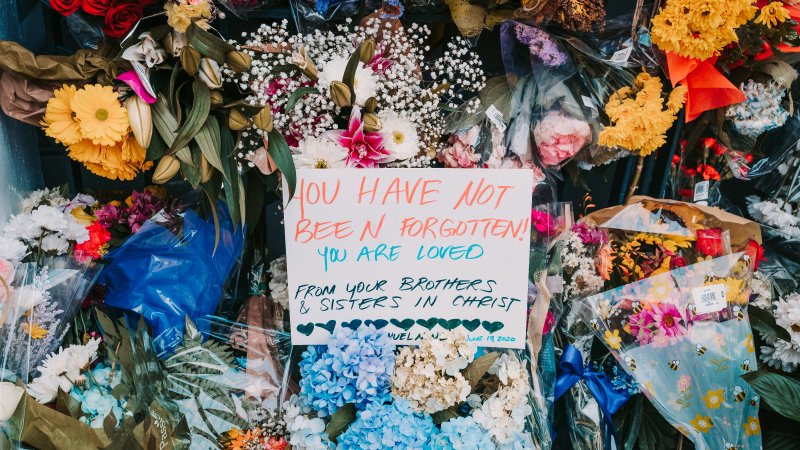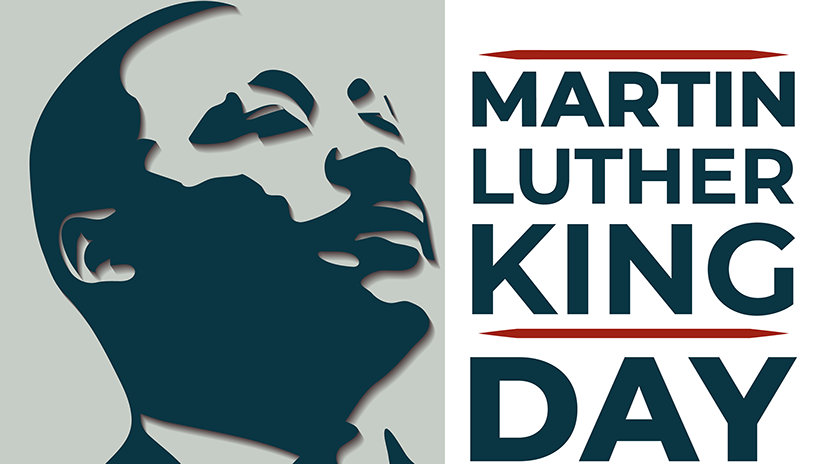
-
HOME
-
WHAT IS STANDOur Mission Our Values Our Help Contact
-
WHAT WE FIGHT FORReligious Freedom Religious Literacy Equality & Human Rights Inclusion & Respect Free Speech Responsible Journalism Corporate Accountability
-
RESOURCESExpert Studies Landmark Decisions White Papers FAQs David Miscavige Religious Freedom Resource Center Freedom of Religion & Human Rights Topic Index Priest-Penitent Privilege Islamophobia
-
HATE MONITORBiased Media Propagandists Hatemongers False Experts Hate Monitor Blog
-
NEWSROOMNews Media Watch Videos Blog
-
TAKE ACTIONCombat Hate & Discrimination Champion Freedom of Religion Demand Accountability
New Survey Finds Teens Concerned About Hate, But Hopeful for the Future
Every generation has its defining moment, one that freezes time and stamps its mark on those who share the same decade of birth—a Pearl Harbor, a JFK assassination, a 9/11.
The current generation at the gateway of adulthood—teenagers—to whom even 9/11 is not a shared trauma but a thing of documentaries and history books, has already experienced two watershed moments: the Black Lives Matter protests in the wake of the death of George Floyd and this year’s violence at the U.S. Capitol building.

Pandemics, open racism, bitter divisions and inequalities are among the matters confronting the nation’s roughly 20 million teens ages 14-18—issues that would tax any adult emotionally and mentally. So how do persons who are still coming of age, still trying to understand the world around them, still in many cases closer to childhood than to maturity, how do they respond to the dizzying maelstrom of conflicts that comprise our world?
The answer is: with surprising resilience.
Pandemics, open racism, bitter divisions and inequalities are among the matters confronting the nation’s roughly 20 million teens.
This past spring a Washington Post-Ipsos poll was conducted online of a random national sample of 1,349 teens between 14 and 18 and 1,284 of their parents or guardians. The results show a concern for what their elders are doing, a deep disquiet about the racial divide and worry about the state of the world. Yet through it all, there is a strain of refreshing optimism, especially for what the future holds for them personally.
The survey results skew widely between white teens and teens of other races and ethnicities. About 40 percent of white teens said racial discrimination is a major threat, while more than 80 percent of their Black counterparts and over 66 percent of Hispanics and Asians also answered the question in the affirmative. About 70 percent of first-generation American teens see racial discrimination as a major threat.
1 in 5 teens said they’ve been treated unjustly over the past year due to their race or ethnicity. One said that a white man overhearing her conversing in Spanish on the phone at a local mall screamed at her. “It’s always the same thing. They say our people should go back to our country, but I don’t think they know Puerto Rico is a U.S. territory.”

That same teen was moved by the events of the past year to attend a Black Lives Matter protest, along with the 12 percent of her peers who also said they participated in the protests. 61 percent of all teens answered that they supported the protests, as did the identical percentage of adults.
Sophia, a teen who identifies her inherited culture as African-American, European, Jewish and Indigenous, got her rude awakening on racism at age 10 when she was bullied, called the n-word and physically attacked by her classmates at her predominantly white elementary school in Minnesota. “It definitely hardened my character and made me more resilient and aware,” she said.
1 in 5 teens said they’ve been treated unjustly over the past year due to their race or ethnicity.
After Floyd’s murder, Sophia led a student walk-out and formed an advocacy group that, among other things, pushes for the hiring of more teachers of color. Like other teens in the survey, Sophia was dismayed by the storming of the Capitol on January 6, and the presence of white supremacists. She wondered if the country’s racist past would become a permanent presence in the future.
Vincent, a recently graduated white male, said he feels “the U.S. has a lot of potential that we’re not using to the fullest.” He sees the country’s diversity as a strength and racial discrimination as a “major threat.” 60 percent of his peers feel the same way.
Sophia for her part sees the two antagonists—white supremacy and anti-racism—as two magnets of equal power, neither one getting the upper hand. Yet she feels her generation may be the one to at last unbalance the deadlock.
The survey results reflect most teens’ less than rosy view of the present; the majority of those polled feel the nation’s best times are behind it. Yet the strain of optimism shines brightly through the angst. 90 percent believe they personally have a good future ahead, while nearly half believe their opportunities to succeed are better than those of their parents.
An ancient philosopher wrote, “Youth is easily deceived because it is quick to hope.”
Let us hope that, in the case of our current world-weary yet optimistic youth, that philosopher—who, after all, was once a teenager himself—is dead wrong.









